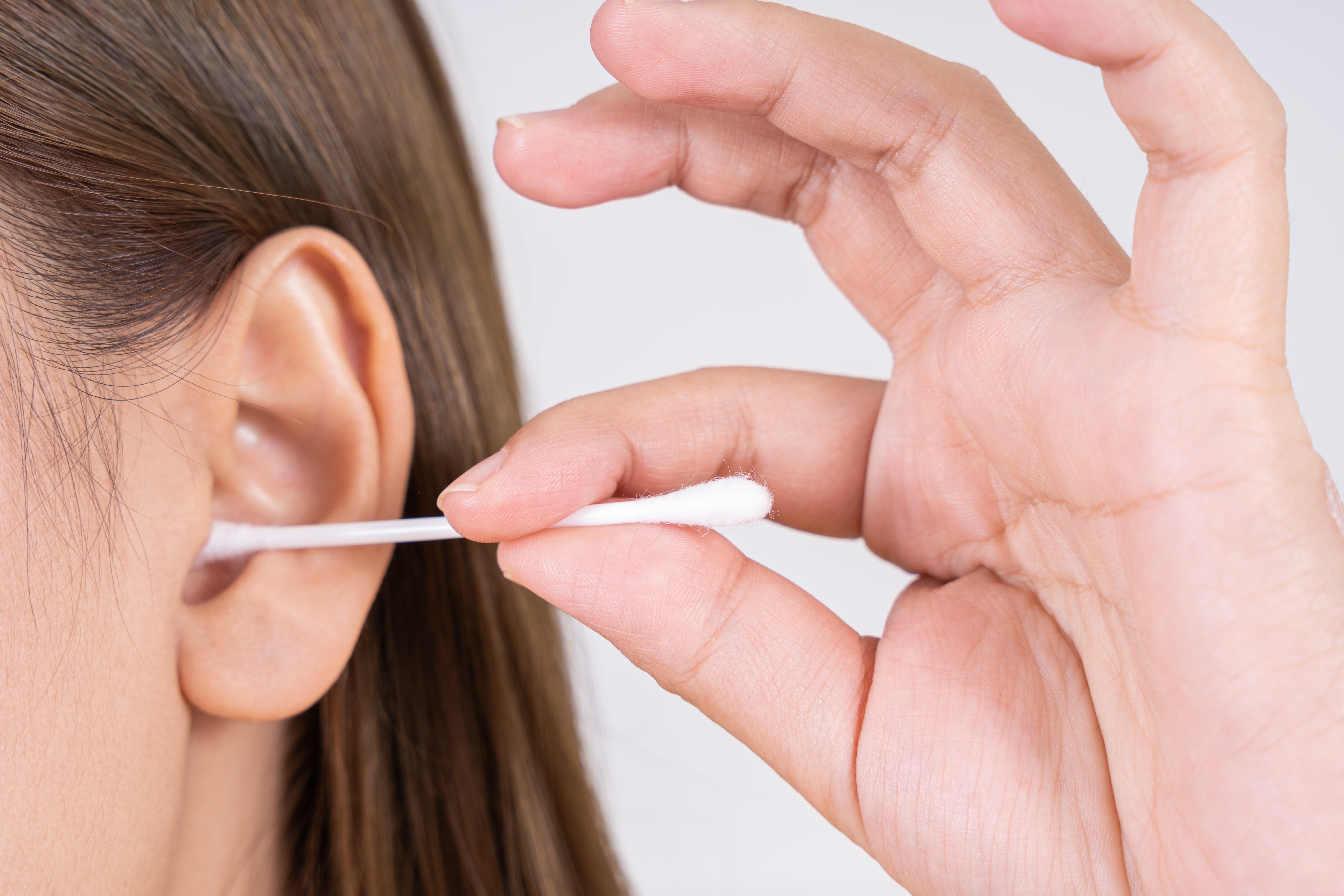Scientists hail earwax test for checking stress hormone levels
Scientists believe the new test may also be useful for measuring glucose levels, for monitoring diabetes, or potentially even Covid-19 antibodies

Your support helps us to tell the story
From reproductive rights to climate change to Big Tech, The Independent is on the ground when the story is developing. Whether it's investigating the financials of Elon Musk's pro-Trump PAC or producing our latest documentary, 'The A Word', which shines a light on the American women fighting for reproductive rights, we know how important it is to parse out the facts from the messaging.
At such a critical moment in US history, we need reporters on the ground. Your donation allows us to keep sending journalists to speak to both sides of the story.
The Independent is trusted by Americans across the entire political spectrum. And unlike many other quality news outlets, we choose not to lock Americans out of our reporting and analysis with paywalls. We believe quality journalism should be available to everyone, paid for by those who can afford it.
Your support makes all the difference.Earwax could be used to measure levels of stress and depression in people, scientists have revealed.
Researchers have developed a device, similar to a traditional cotton bud, to collect a sample of earwax for analysis.
The sample is then posted off to a lab, where it is tested for the stress hormone cortisol.
The findings, published in the academic journal Heliyon, could point to a cheaper, more effective way of measuring cortisol to monitor depression and stress-linked conditions.
Scientists believe the new test, which can be done at home without clinical supervision, may also be useful for measuring glucose levels, for monitoring diabetes, or potentially even Covid-19 antibodies.
The most common technique for measuring the hormone is with hair samples — but this is more time consuming and expensive compared to the earwax method and is often more subject to short-term fluctuations in cortisol.
Lead researcher Dr Andres Herane-Vives, of University College London’s Institute of Cognitive Neuroscience, said: "Cortisol sampling is notoriously difficult, as levels of the hormone can fluctuate, so a sample might not be an accurate reflection of a person's chronic cortisol levels.
“Moreover, sampling methods themselves can induce stress and influence the results.
“But cortisol levels in earwax appear to be more stable and with our new device it's easy to take a sample and get it tested quickly, cheaply and effectively.”
Dr Herane-Vives said he was inspired by another natural wax, honeycomb from bees, when developing the device as it is known to be well-preserved and resistant to bacterial contamination.
Earwax has similar properties, making it well suited for home sampling, as samples can be sent to a lab by post without much risk of contamination.
The earwax sampling device is similar to a cotton swab, but with a brake that stops it from going too far into the ear and causing damage.
The tip is covered with a sponge of organic material that is soaked in a solution.
A pilot study of 37 volunteers has already been carried out to test different cortisol sampling techniques.
The research team, including scientists from the UK, Chile and Germany, sampled participants' earwax using a standard syringe procedure, known to be somewhat painful, and then followed up a month later by using the same sampling in one ear, and the new device in the other.
The researchers also analysed hair and blood samples from the same participants.
They found that earwax samples yielded more cortisol than hair samples, and the ear-swabbing technique was the fastest and potentially cheapest method.
Dr Herane-Vives is now setting up a company, Trears, to bring his earwax sampling device to market, with support from the UCL Hatchery startup incubator.
He added: "After this successful pilot study, if our device holds up to further scrutiny in larger trials, we hope to transform diagnostics and care for millions of people with depression or cortisol-related conditions such as Addison's disease and Cushing syndrome, and potentially numerous other conditions."
Subscribe to Independent Premium to bookmark this article
Want to bookmark your favourite articles and stories to read or reference later? Start your Independent Premium subscription today.




Join our commenting forum
Join thought-provoking conversations, follow other Independent readers and see their replies
Comments